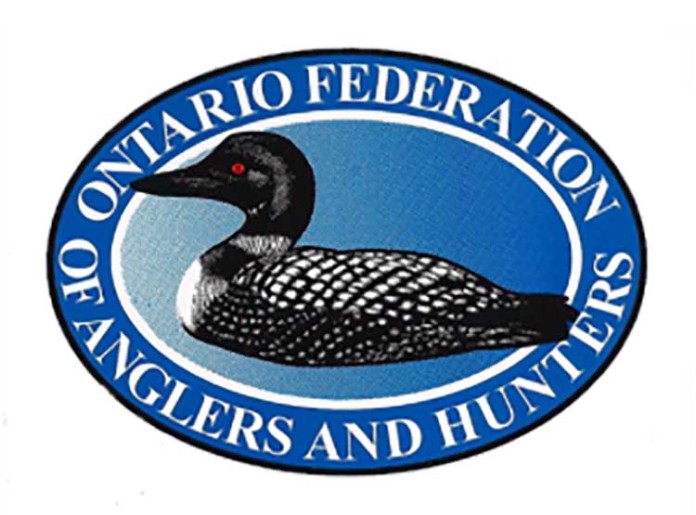MANITOULIN––The UCCM Anishnaabe Police has been notified from community members about calls they are receiving from Revenue Canada and other companies indicating they owe them funds. This is a warning to community members and businesses about new and often sophisticated scams that prey on vulnerable persons, utility users and consumers.
“Financial crimes and fraud are criminal activities that victimize individuals from all walks of life,” said Chief of Police Rodney Nahwegahbow. “During the past year, police across Ontario have become increasingly aware of very sophisticated, well-organized financial criminal activities that prey on people’s lack of understanding about their rights when it comes to their financial matters.”
“If you feel uneasy about someone calling you about owing monies to Revenue Canada from a 1-844-855-5061 phone number, don’t be fooled–call for help,” the police chief adds.
Chief of Police Rodney Nahwegahbow noted that individuals and businesses can call the Canada Revenue Agency (CRA) to confirm the authenticity of a CRA telephone number or report incidents of suspected fraud to the Canadian Anti-Fraud Centre at 1-888-495-8501.
It’s estimated that all types of financial crimes and fraud cost Canadians more than $10 billion each year. When it comes to mass marketing fraud, the Canadian Anti-Fraud Centre reported a total of 51,385 complaints between January and November of 2015, involving 13,717 victims.
The total dollar value loss suffered by these victims was $61.3 million dollars. In 2014, the total dollar lost to these types of crimes was $75 million.
Tax Scams
• The CRA has noted an increase in telephone scams where the caller claims to be from the CRA but is not. Beware: these calls are fraudulent and could result in identity and financial theft
• The CRA takes these tax fraud schemes very seriously and actively warns Canadians about scams undertaken using the CRA’s name, especially during the tax filing season when such scams peak
• If you want to confirm the authenticity of a CRA telephone number, call the CRA at 1-800-959-8281
• For more information about the security of taxpayer information and other examples of fraudulent communications, go to www.cra.gc.ca/security
Electrical Utilities Scams
• Ontario’s electricity customers are targets for phone scammers. These scammers tell people that they are from the local utility and use sophisticated software to show the utility’s name on a caller display. Scammers threaten to disconnect customers if they don’t immediately pay by pre-paid credit card or wire transfer.
• Scammers target people when they are most vulnerable, especially during holidays or peak business times. Since July 2014, more than 500 people were targeted in Toronto alone. A total of 13 percent of those incidents involved payments totaling $58,000. Local utilities never ask customers to pay by pre-paid credit card or wire transfers over the phone. Local utilities never threaten to disconnect you right away.
• When in doubt, call your utility company and ask about their policy. If someone calls and threatens to disconnect you if you don’t make a payment right away by pre-paid credit card or wire transfer, say no and hang up. Never give out your personal or financial information.
• Report the incident to your utility company and the Canadian Anti-Fraud Centre at 1-888-495-8501. This agency collects information on fraud and works closely with police to solve these crimes.
Identity Theft
The theft of identity information such as “tombstone” data, employment information, banking particulars, and payment card data have become a highly saleable commodity that is easily trafficked via traditional means and through hundreds of websites on the “dark web.”
Identity information is obtained via server/computer hacks, ATMIPOS tampering, phishing, social engineering, complicit government/corporate employees, theft of mail, and a host of other means. Once obtained, “pirate” websites available on the dark web provide nearly unlimited access to such data to all takers. Payment for the identity information is easily made via non-traditional, unregulated, online payment systems that offer participants the ability to traffic or purchase identity information for eventual exploitation. Typical offences include: Account take-overs, true-name fraudulent credit applications, TM/POS tampering, and trafficking in identity information.





